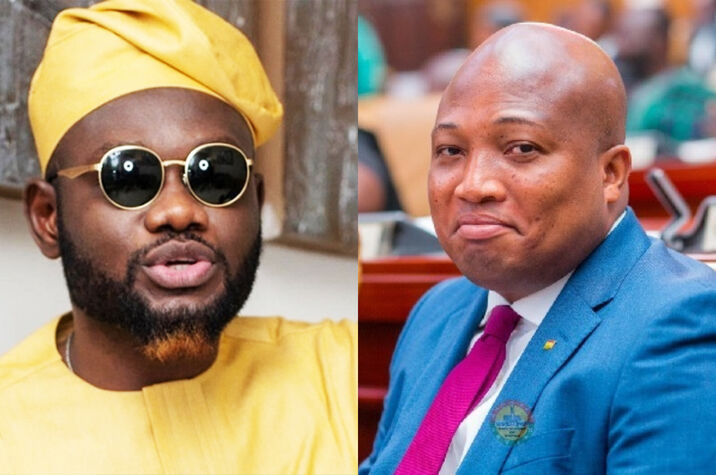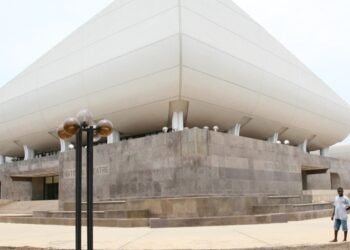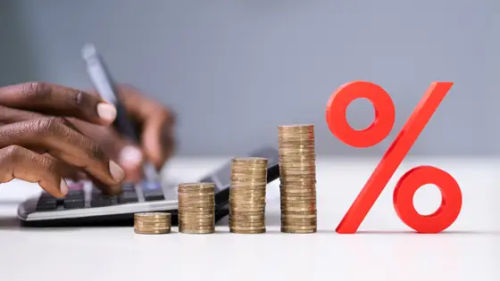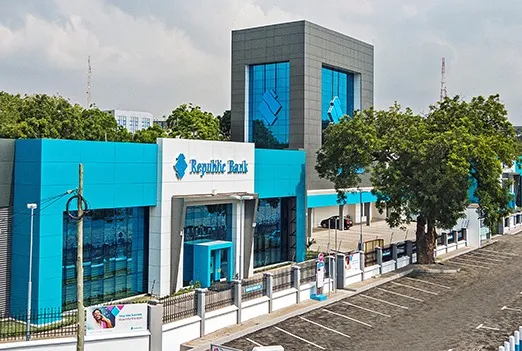Ghanaian actor and New Patriotic Party (NPP) member, Prince David Osei, has publicly criticised Foreign Affairs Minister Samuel Okudzeto Ablakwa over the recent revision of the United States’ visa reciprocity arrangement with Ghana.
In a post on X (formerly Twitter), Osei described the development as a “diplomatic misstep” with serious consequences for ordinary Ghanaians.
The United States has reduced its visa offering for Ghanaian citizens from a five-year multiple-entry visa to a three-month single-entry visa.
The move, Osei argued, is not just a bureaucratic shift but a major setback for students, businesspeople, tourists, and families who depend on accessible travel to the U.S.
Osei attributed the new U.S. visa policy to what he described as a mishandled exchange between Ghana’s Foreign Minister and the U.S. Senate Foreign Relations Committee.
According to him, instead of adopting a diplomatic and measured approach, the minister’s tone came off as “defensive and dismissive.”

He took particular issue with the minister’s comment that he “personally did not incur debt,” which Osei said missed the bigger picture. “The issue at hand is not about individual responsibility, but about the obligations of the Ghanaian government as a whole,” he wrote.
He cautioned that diplomacy requires “tact, humility, and strategic communication”, qualities he felt were lacking in the minister’s response.
Prince David Osei warned that the fallout from such diplomatic failings now directly affects the lives of ordinary citizens, making the already difficult process of securing a U.S. visa even more cumbersome.
The actor also raised concerns about inconsistencies in the government’s communication. He pointed out that the Foreign Minister invoked the legacy of Kwame Nkrumah and Ghana’s independence while simultaneously calling for reparations from the colonial era.
While acknowledging that both arguments may be valid, Osei argued that presenting them together, without a clear and cohesive diplomatic strategy, weakens Ghana’s image as a sovereign state capable of managing its affairs.
Prince David Osei Calls for Action

Calling for urgent intervention, Prince David Osei proposed several steps to repair the damage caused. First, he urged the Foreign Ministry to issue a clarifying statement or engage in quiet diplomacy to reaffirm Ghana’s commitment to strong bilateral relations with the United States.
He also called for citizen-focused policy-making, emphasising that visa access is not just a political issue, but one that affects the livelihoods of many Ghanaians. “Policy decisions and diplomatic exchanges must always consider how they affect ordinary Ghanaians,” he stated.
Furthermore, he recommended improved internal coordination among government officials, arguing that contradictory messaging around sovereignty, debt, and reparations only weakens the nation’s bargaining position.
He also suggested investing in diplomatic training that emphasises emotional intelligence, cultural sensitivity, and strategic communication.
Prince David Osei concluded his statement with a reflection on Ghana’s historical reputation as a diplomatic leader on the continent.
“Ghana has long been respected as a leader in African diplomacy and democratic governance. Let’s not allow one misstep to define our global standing.”
Prince David Osei

He urged government officials to view the incident as a turning point toward more “thoughtful, citizen-centred diplomacy.”
The unfolding U.S. visa policy changes reflect both genuine concerns over Ghanaian student overstays and a delicate diplomatic pivot.
Prince David Osei’s critique underscores how an avoidable communications strategy risked harming Ghanaians at large.
To safeguard its citizens and international reputation, Ghana must address administrative failings, manage diplomatic narratives more deftly, and ensure that future disclosures are paired with immediate corrective action.
Only then, it affirms its standing as a responsible, reliable partner on the global stage.
READ ALSO: BoG Set to Slash Policy Rate by Historic 300bps as Inflation Plunges to 13.7%























